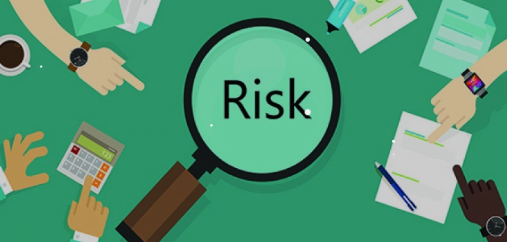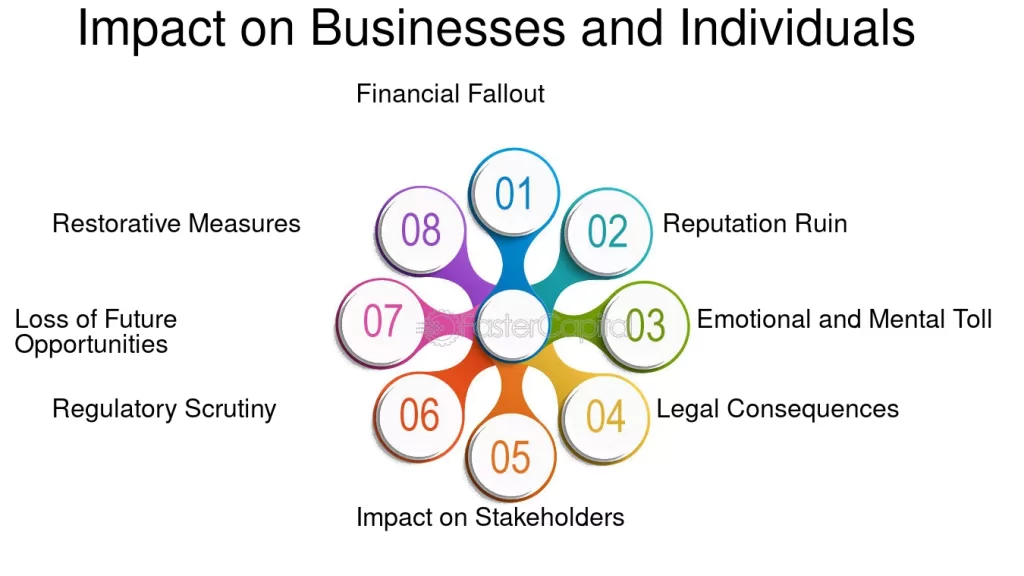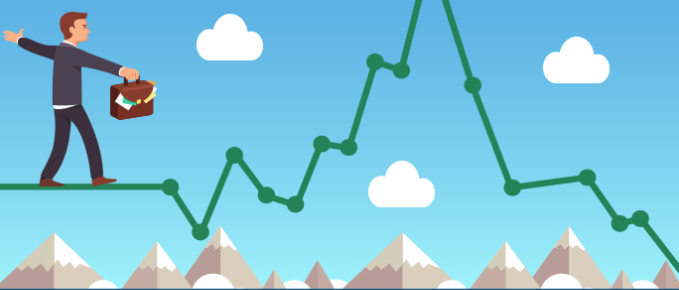AUTHOR: ROSE Kelley
DATE: 01/03/2024
Introduction
In the digital age, the convenience of downloading software and tools online comes with its own set of risks. High-risk downloadable tools refer to software or applications that pose significant threats to users’ security, privacy, and legal standing. It’s crucial to also understand the dangers associated with such downloads, especially in a country like India, where internet usage is rapidly growing.
Common High-Risk Downloadable Tools
Malware-infected software
Malware-infected software, disguised as legitimate programs, can infiltrate users’ devices, compromising their security and also privacy. These malicious programs often come bundled with free downloads or through unsecured websites.
Pirated software
Pirated software, which includes cracked versions of paid applications, not only violates copyright laws but also exposes users to potential malware and security vulnerabilities. Despite the allure of free access, the use of pirate software can have severe consequences.
Torrent clients
Torrent clients enable users to download large files quickly, but they are often associated with the illegal downloading of copyrighted material. Using torrent clients exposes users to legal repercussions and the risk of downloading infected files unknowingly.
Cracked software
Cracked software, which circumvents licensing requirements, may seem like a cost-effective solution, but it often comes with hidden dangers. Cracks and keygens used to unlock software can contain malware or be vehicles for cybercriminals to exploit.

Risks Associated with High-Risk Downloadable Tools
Downloading high-risk software exposes users to various risks, including:
Security threats
High-risk downloads can lead to malware infections, ransomware attacks, identity theft, and other cybersecurity breaches, jeopardizing users’ personal and also financial information.
Legal implications
Using pirated or illegally downloaded software[1] violates copyright laws and licensing agreements, subjecting users to legal penalties, fines, and potential lawsuits from software companies.
Financial risks
In addition to legal consequences, falling victim to cyberattacks or scams facilitated by high-risk downloads can result in financial losses, including stolen funds, fraudulent transactions, and recovery costs.

Factors Contributing to High-Risk Downloads
Lack of awareness
Many users in India are unaware of the risks associated[2] with downloading software from unverified sources or using pirated versions. Lack of education and information contributes to the proliferation of high-risk downloads.
Temptation of free software
The allure of free software often leads users to overlook potential risks and opt for unauthorized downloads[3]. Without understanding the implications, users may unknowingly expose themselves to security threats and legal liabilities.
Inadequate security measures
Failure to implement robust cybersecurity measures, such as antivirus software and firewalls, leaves users vulnerable to malware and cyberattacks when downloading software from untrusted sources.

Impact on Individuals and Businesses
Data breaches
High-risk downloads can result in data breaches, exposing sensitive personal and business information to unauthorized access, manipulation, or theft.
Loss of sensitive information
Compromised security due to high-risk[4] downloads can lead to the loss of confidential data, including financial records, intellectual property, and customer information. High-risk downloadable tools damage individuals’ and businesses’ reputations and credibility.
Damage to reputation and credibility
Being associated with illegal or unethical practices, such as using pirated software, can tarnish an individual’s or organization’s reputation, leading to a loss of trust among clients, partners, and stakeholders.
Preventive Measures Against High-Risk Downloads
To mitigate the risks associated with high-risk downloads, users can take the following preventive measures:
Educating users
Raising awareness about the dangers of high-risk downloads and promoting the ethical and legal use of software can empower users to make informed decisions and high-risk[5] potential downloadable tools in India potential pitfalls.
Using reputable sources
Downloading software from official websites, reputable app stores, or trusted vendors the likelihood of encountering malware or pirated versions, ensuring the safety and integrity of the software.
Installing anti-virus software
Deploying reliable software and keeping it updated helps detect and remove malware, providing an additional layer of protection against security threats posed by high-risk downloads.

Legal Implications and Consequences
Copyright infringement
Using pirated or cracked software constitutes copyright infringement, punishable by fines, penalties, and legal actions under Indian copyright laws and international treaties.
Penalties and fines
Individuals and businesses found guilty of using or distributing pirated software may face hefty fines, damages, or injunctions, depending on the severity of the violatio and the damages incurred.
Legal actions by software companies
Software companies have the right to pursue legal actions against users and distributors of pirated or unauthorized copies of their products, seeking damages, injunctions, and other remedies to protect their intellectual property rights.
Alternatives to High-Risk Downloadable Tools
Instead of resorting to high-risk downloads, users can explore safer alternatives, including:
Conclusion
In conclusion, high-risk downloadable tools pose significant threats to individuals and businesses in India, ranging from cybersecurity risks and legal consequences to financial losses and reputational damage. By understanding the risks, adopting preventive measures, and exploring safer alternatives, users can safeguard their digital assets and uphold ethical and legal standards in software usage.
FAQs
- How can I identify high-risk downloadable tools?
- Look for warning signs such as suspicious websites, unauthorized sources, or offers that seem too good to be true. Stick to reputable sources and exercise caution when downloading software.
- Is all free software considered high-risk?
- Not necessarily. While some free software may pose risks, others, such as open-source projects or legitimate free trials from reputable vendors, offer safe and legal alternatives to high-risk downloads.
- What are the legal consequences of using pirated software?
- Using pirated software constitutes copyright infringement, subjecting users to potential fines, penalties, and legal actions by software companies under Indian and international copyright laws.
- Can antivirus software protect against all types of malware?
- While antivirus software can detect and remove many types of malware, it’s not foolproof. Users should complement antivirus protection with safe browsing habits, regular software updates, and cautious downloading practices.
- Are there any safe alternatives to TOR?
- Yes, there are. Users can opt for legal streaming services, official downloads from content creators, or cloud-based file-sharing solutions that comply with copyright laws and offer secure access to digital content.




